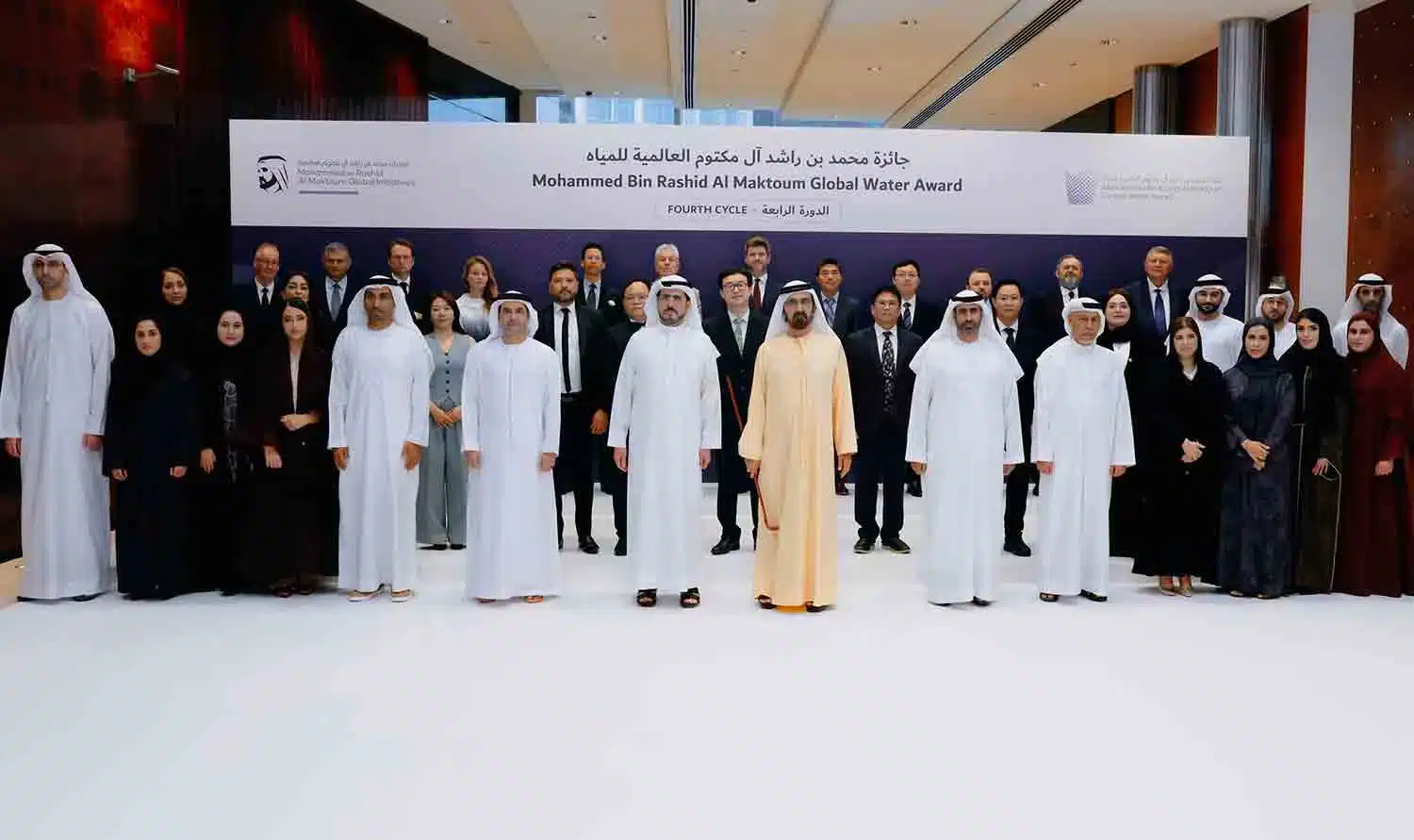SIPCO clean water innovation has earned international acclaim at the Mohammed bin Rashid Al Maktoum Global Water Award held in Dubai, United Arab Emirates. Vietnam’s Sustainability Investment Promotion and Development Joint Stock Company (SIPCO) was awarded first runner-up in the Innovative Projects Award (Large Projects category), celebrating its impactful and renewable energy-driven approach to tackling water scarcity across Southeast Asia.
The prestigious award is part of a larger initiative under the Mohammed bin Rashid Al Maktoum Global Initiatives and supervised by the UAE Water Aid Foundation (Suqia UAE). With a total prize pool of USD 1 million, the competition highlights global breakthroughs in water sustainability that align with the United Nations Sustainable Development Goals (SDGs).
Nano-Silver Pot Filter: A Game-Changing Water Solution
At the heart of the SIPCO clean water innovation is the ceramic coating nano-silver pot filter (CSPF) programme. This large-scale project deploys a simple yet scientifically advanced solution to address water contamination in vulnerable rural and peri-urban regions. Designed for both household and school use, the clay-based filters are embedded with nano-silver particles that significantly boost antibacterial and antiviral efficacy.
Each unit can filter two to three litres of water per hour and is capable of lasting up to 10 years with the periodic replacement of the clay component. These filters effectively remove bacteria, viruses, sediments, and other harmful agents from untreated sources like wells, rivers, ponds, and harvested rainwater.
Scale and Impact: 13.7 Million Lives Improved
SIPCO has built an automated high-capacity manufacturing facility with the ability to produce up to 120,000 units per month. To date, the programme has delivered over 1.8 million filters, directly benefiting 13.7 million individuals. This includes more than 1.7 million households and 6,000 schools across Vietnam, Laos, and Cambodia.
The SIPCO clean water innovation initiative is not only a health-focused endeavor—it is also an environmental triumph. By reducing the need for boiling water using firewood or fossil fuels, the programme has helped eliminate approximately 1.8 million tonnes of CO2 emissions. These reductions have been certified under the Clean Development Mechanism (CDM) and Verified Carbon Standard (VCS) frameworks, producing substantial carbon credits in the process.
A Community-Based Model with Lasting Benefits
A core strength of SIPCO’s approach lies in its community engagement strategy. Local populations are actively involved in the manufacturing, distribution, and maintenance of the filters. This engagement creates jobs and fosters ownership, ensuring the longevity and proper upkeep of the filtering systems.
Working in collaboration with non-governmental organizations such as the Red Cross, SIPCO ensures that the technology reaches the most underserved communities efficiently and equitably. Educational outreach programs accompanying the deployments help train users on proper filter usage and basic hygiene practices, compounding the health benefits.
A Message from Leadership
Hoang Anh Dung, Chairman and CEO of SIPCO, shared his thoughts on receiving the award:
“The water crisis is a serious threat to human health as it leads to the spread of disease. Addressing this challenge requires collective action. No single individual, company, or organisation can solve it alone. We must come together and work in unity to find sustainable solutions. Receiving this award has been a powerful source of encouragement, boosting my confidence to continue my research and develop new innovations and technologies that can help tackle water scarcity.”
Regional and Global Relevance
The recognition of the SIPCO clean water innovation at a global level reflects a growing international commitment to solving water scarcity through practical, scalable, and renewable-energy-powered solutions. Southeast Asia, home to dense populations and vulnerable infrastructure, stands to benefit immensely from such innovations.
According to the World Health Organization, over two billion people globally still lack access to safely managed drinking water services. SIPCO’s scalable model shows that it is possible to reach these communities with affordable and sustainable solutions.
Future Outlook
With a robust production infrastructure, strong regional partnerships, and international acclaim now backing its programme, SIPCO plans to expand its clean water initiative beyond the current reach. The company is actively exploring opportunities in other developing regions, including parts of Africa and South Asia, where similar challenges persist.
Additionally, SIPCO continues to invest in research and development to improve the longevity, efficiency, and affordability of its CSPF units. Future iterations may include digital sensors to monitor filter performance, further increasing their reliability and impact.
Recognition at the Mohammed bin Rashid Al Maktoum Global Water Award
The fourth cycle of the award drew participation from innovators across the world, with entries ranging from advanced desalination systems to solar-powered filtration technologies. SIPCO stood out not only for its impressive scale and proven impact but also for its grassroots community integration and carbon reduction achievements.
By aligning technological advancement with social equity and environmental responsibility, SIPCO has demonstrated the kind of innovation the Mohammed bin Rashid Al Maktoum Global Water Award seeks to honour.
Conclusion
The SIPCO clean water innovation is more than a technological solution—it is a movement towards sustainable, community-driven change. Its success reinforces the importance of public-private collaboration, renewable energy utilization, and local empowerment in solving global challenges like water scarcity.
As SIPCO continues its mission, the world watches a Vietnamese company lead the charge in transforming how clean water is delivered to those who need it most—efficiently, affordably, and sustainably.

